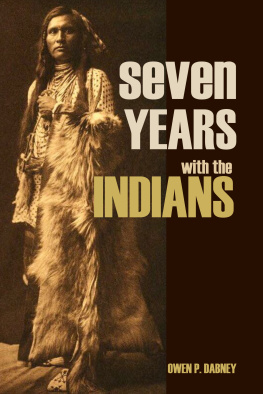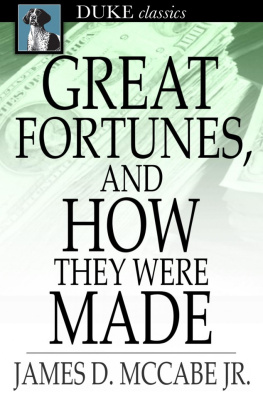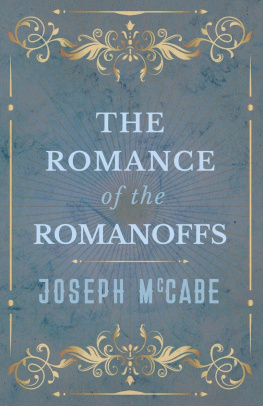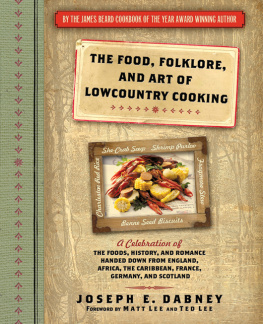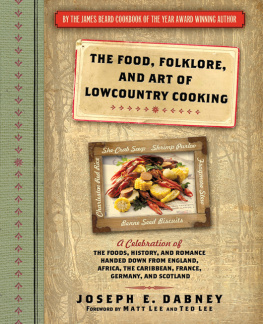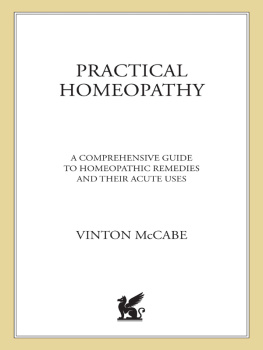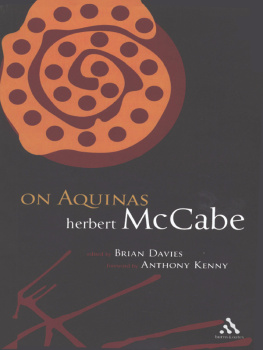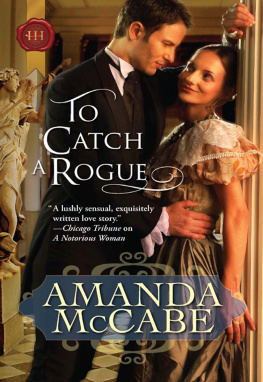James Dabney McCabe
Great Fortunes, and How They Were Made
Published by Good Press, 2019
EAN 4064066243203
STEPHEN GIRARD.
Table of Contents
The fog in the DelawareNews of the warAlarm of the French skipperA narrow escape from captureArrival of Girard in PhiladelphiaEarly history of Stephen GirardAn unhappy childhoodGoes to seaIs licensed to commandBecomes a trader in PhiladelphiaMarries Mary LumUnfortunate issue of the marriageCapture of Philadelphia by the BritishEarly commercial life of Stephen GirardHow he earned his first money, and the use he made of itAid from St. DomingoHis rigid attention to businessThoroughness of his knowledgeOne of his letters of instructionsHis subordinates required to obey orders though they ruin himAnecdote of Girard and one of his captainsHis promptness and fidelity in businessHe never breaks his wordHow he lost five hundred dollarsBuys the old Bank of the United States and becomes a bankerCuts down the salaries of his clerksRefuses his watchman an overcoatIndifference to his employsContrast between his personal and business habitsHis liberality in financial operationsHe subscribes for the entire Government loan in 1814, and enables the United States to carry on the warHis generosity toward the GovernmentThe suspension of specie paymentsFinancial troublesHow Girard saved his own notesHis public spiritHow he made half a million of dollars on a captured shipPersonal characteristicsWhy he valued moneyHis ambitionHis infidelityCauses of the defects of his characterA favorable viewHeroic conduct of Stephen Girard during the prevalence of the yellow fever in PhiladelphiaThe Good SamaritanHe practices medicine, and congratulates himself that he has killed none of his patientsHis industryVisit of Mr. Baring to Mr. GirardA curious receptionFailing health and death of Stephen GirardHis willHis noble bequestsEstablishment of Girard College.
JOHN JACOB ASTOR.
Table of Contents
Legitimate business the field of successReasons for claiming Astor as an AmericanBirth and early lifeReligious trainingThe village of WaldorfPovertyThe jolly butcherYoung Astor's repugnance to his father's tradeUnhappy at homeLoses his motherHis desire to emigrate to the "New Land"Leaves homeHis voyage down the RhineReaches London and enters the service of his brotherHis efforts to prepare for emigrationLearns to speak EnglishPeace between the United States and Great BritainThe road to the "New Land" openAstor sets out for AmericaHis first ventures in commerceThe voyageHow he proposed to save his Sunday clothesArrival in the ChesapeakeThe ice-blockadeAstor makes a friendThe fur trader's storyAstor sees the way to fortuneReaches New YorkHis first situationLearning the businessHis method of proceedingAn example to young menHis capacity for business operationsHe is promotedHis journeys to Canada, and their resultsSets up in business for himselfThe fur trade of North AmericaA survey of the field of Astor's operationsHis capitalHis tramps into the wilderness in search of fursPredictions as to the future settlement of the countryHis first consignment to EnglandHis marriageA good wifeImprovement in his prospectsBuys his first shipThe secret of his successClose attention to businessHis economical habitsHis indorsement disputed by a bank clerkStatements of the profits on fursHe engages in the Chinese tradeHow the Government aided the early China tradersAmount made by Astor in his legitimate businessHis real estate operationsHis foresight and courageHow eight thousand dollars yielded eighty thousandHis real estate in the City of New YorkPurchases the half of Putnam CountyThe Roger and Mary Morris estate controversyAstor wins his suit, and makes half a million of dollarsAstor's scheme of colonizationA grand enterpriseSettlement of AstoriaBetrayed by his agents, and the scheme brought to failureAstor withdraws from active businessHis boyhood's vow and its fulfillmentBuilds the Astor HouseHis voyage to EuropeThe returnThe troubles of a millionaireThe great man seasickA curious draftThe last years of his lifeHis fondness for literary menHis death and burialHis willOpposite views of his characterHow his refusal to buy a chronometer cost him seventy thousand dollarsHe remembers an old friendHis gift of a leaseHis humor"William has a rich father."
ALEXANDER T. STEWART.
Table of Contents
Birth and early lifeBecomes his grandfather's wardDesigned for the ministryA change in his plansComes to AmericaTeaches school in New YorkBecomes a dry goods merchantReceives a legacyHis first importationHow he began businessAn energetic traderHis sample lots and their historySuccess of his enterpriseHe begins by encouraging honesty in tradeWins a name for reliabilityThe system of selling at one priceInaugurates the "selling off at cost" featureHis courage in businessHow he raised the money to meet his noteImprovement in his businessHe enlarges his storeAs an inducement to the ladies, employs for clerks handsome young menThe crisis of 1837Stewart comes out of it a rich manHow he did soBuilds his lower storePredictions of failureThe resultCompels the Government to purchase goods from himHis foresight and liberalityCharged with superstitionLucky and unlucky personsStory of the old apple womanRemarks at the opening of the St. Nicholas HotelReasons of Stewart's successA hard workerHow he receives visitorsRunning the gauntletHow he gets rid of troublesome personsEstimate of Mr. Stewart's real estate in New YorkHis new residenceHis benevolenceAid for Ireland, and free passages to AmericaHome for womenPolitical sentimentsMr. Stewart's appointment as Secretary of the TreasuryFeeling of the countryThe retail store of A.T. Stewart & Co.A palace of glass and ironInternal arrangementsThe managers and salesmenList of salesWages givenVisitorsThe principal salesroomThe parcel departmentThe wagons and stablesExtravagant purchasesMr. Stewart's supervision of the upper storeThe system of buyingThe foreign agenciesStatement of the duties paid each dayPersonal appearance of Mr. Stewart.
AMOS LAWRENCE.
Table of Contents
The Lawrence familyA poor boyEarly educationDelicate healthObtains a situation at DunstableReturns to GrotonBecomes Mr. Brazer's apprenticeThe variety storeAn amateur doctorImportance of Groton in "old times"Responsibility of young LawrenceIs put in charge of the businessHigh characterDrunkenness the curse of New EnglandLawrence resolves to abstain from liquors and tobaccoHis self-commandCompletes his apprenticeshipVisits BostonAn unexpected offerEnters into business in BostonIs offered a partnership, but declines itHis sagacity justifiedBegins business for himselfCommercial importance of BostonAid from his fatherA narrow escapelesson for lifeAmos Lawrence's method of doing businessAn example for young menHis business habitsHe leaves nothing unfinished over SundayAvoids speculationHis views upon the subjectIntroduces double entry in book-keeping into BostonHis liberality to his debtorsDoes not allow his business to master himProperty gained by some kinds of sacrifices not worth havingForms a partnership with his brother AbbottBusiness of the firmThey engage in manufacturesSafe business principlesA noble letterPolitical opinionsHis charitiesStatement of his donationsRequests that no public acknowledgment of his gifts be madeCharacter as a merchant and a manAdvice to his sonHis religious characterLoss of his healthHis patience and resignationThe model American merchant.




